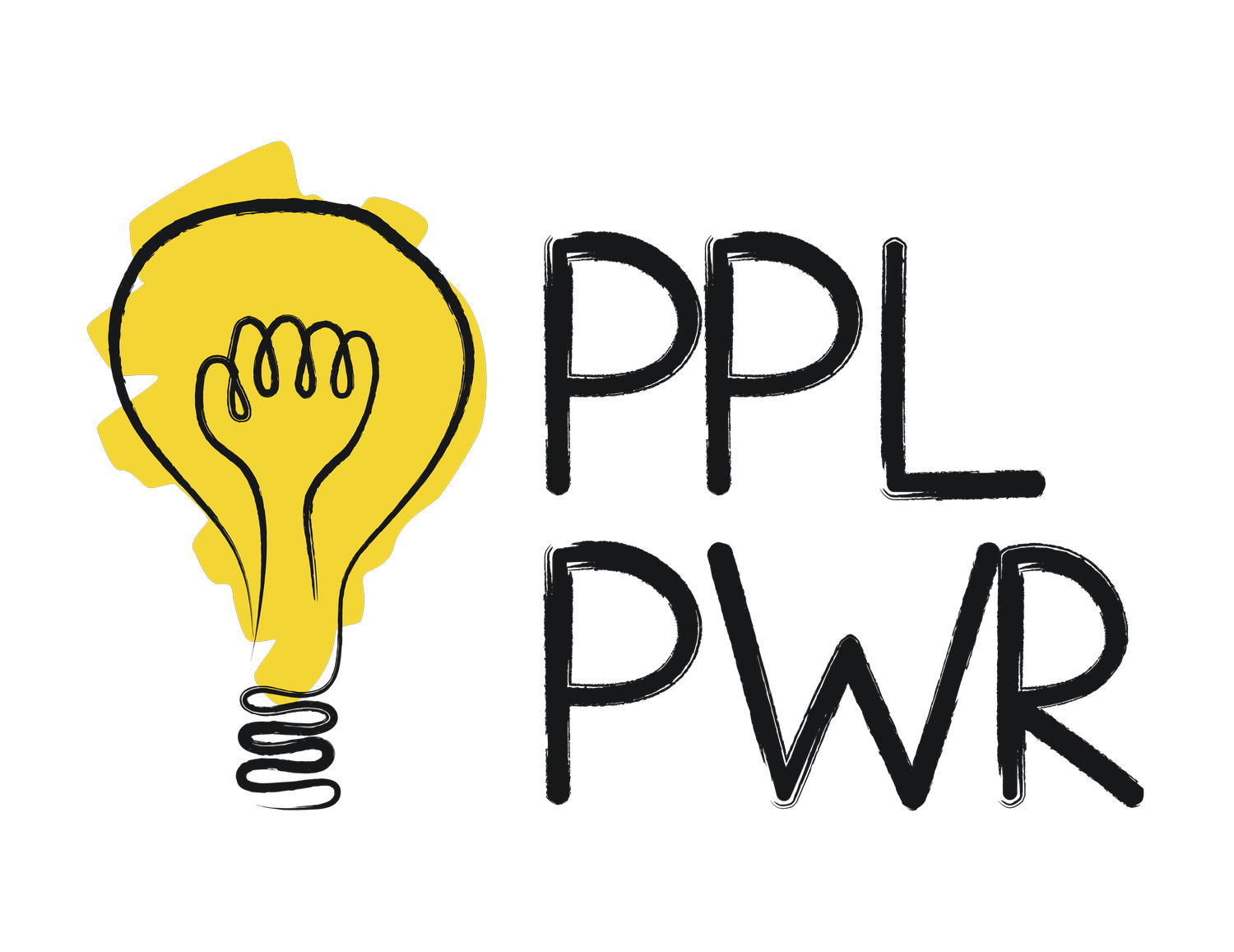Seacourt: Net Positive Printing
Seacourt’s Mark Pickford details the journey his printing company has been on to go (super) green…All organisations need to communicate, but the way they communicate should also support their values and enhance, rather than undermine, their brand reputation.It’s been a twenty-year journey from the time when we came to learn the full extent of the printing industry’s impact on the environment to where Seacourt is now; a world leader and innovator of sustainable printing.Our singular focus has seen us transform our business from being no different to any other resource-intensive, energy- and water-consuming, landfill-contributing and harmful chemical-using printing company to becoming the UK’s sustainable printing company and a shining example of how print can be the most sustainable communication channel.For example, British Cycling became famous for its Olympic success through incremental change, and this has very much been our approach for the last two decades; taking many small (and some game-changing!) steps to turn on its head the well-founded perception of printing as a dirty industry!The conventional lithographic printing process involves consuming large amounts of water to which chemicals, high in toxic volatile organic compounds (VOCs), are added. In fact, 95% of all print is produced this way.Taking a massive leap of faith, we completely changed and altered our printing presses, factory and working practices by converting to waterless offset printing, a process rarely used in the UK though more common in some other countries, which has saved around 8 million litres of fresh, finite water whilst reducing the Company’s VOC emissions by 98%.And that’s when the journey to true sustainability and empathy with the environment really began…ISO14001 accreditation in 1999, followed by the more stringent and transparent EMAS (Environmental Management and Audit Scheme) certification within 12 months.Carbon neutrality and conversion to 100% renewable energy soon after.Becoming the World’s first printer to achieve ZERO waste to landfill and creating a closed-loop production facility…In 2015 we developed a revolutionary print process, LightTouch™, combining the quality and environmental benefits of Waterless Offset printing together with LED instant ink drying leading to the manufacturing and installation of the World’s first LightTouch™ printing press producing print that is greener than ever before.Three Queen’s Awards in the last decade have acknowledged Seacourt’s innovative approach and we’re now officially recognised as Europe’s leading sustainable SME by the European Commission’s EMAS programme and seen as a beacon of excellence in the circular, zero waste economy.Being a sustainable business is not about carrying on as usual and simply offsetting your environmental impact. Seacourt is the most sustainable printer because we have done everything in our power and taken more actions than anyone else to reduce our total impact.But since it’s inevitable that we have some impact, however small, we invest in social, environmental and economic activities to help take us to a NET POSITIVE position in order to provide Planet Positive Printing…where it is better to print (with Seacourt) than not to print at all.So if you’re interested, as an individual, or as a research group or department, in printing in a sustainable way, safe in the knowledge that you’re supporting a NET POSITIVE initiative, feel free to check out Seacourt’s website or e-mail Mark Pickford and explain why you want to start producing your papers, fliers, banners, theses in the greenest possible way!
---
Supporting info: Details about the Ecomapua project.So exactly what are our offsetting activities then?Seacourt supports a project at the mouth of the Amazon River which supports the economy of the local community through sustainable Acai berry production (pronounced ah-sah-ee) reducing logging and helping to conserve 86,000 hectares of forestland.The project also involves a reforestation programme to regenerate 1,200 hectares of deforested land with native tree species and Acai as well as programmes to help local sustainable businesses such as vegetable gardening and poultry/fish farming forming and growing.Delivered through our partners Climate Care, this programme has environmental, social and economic benefits to the local economy and also supports the Sustainable Development Goals.The project is called Ecomapua.


